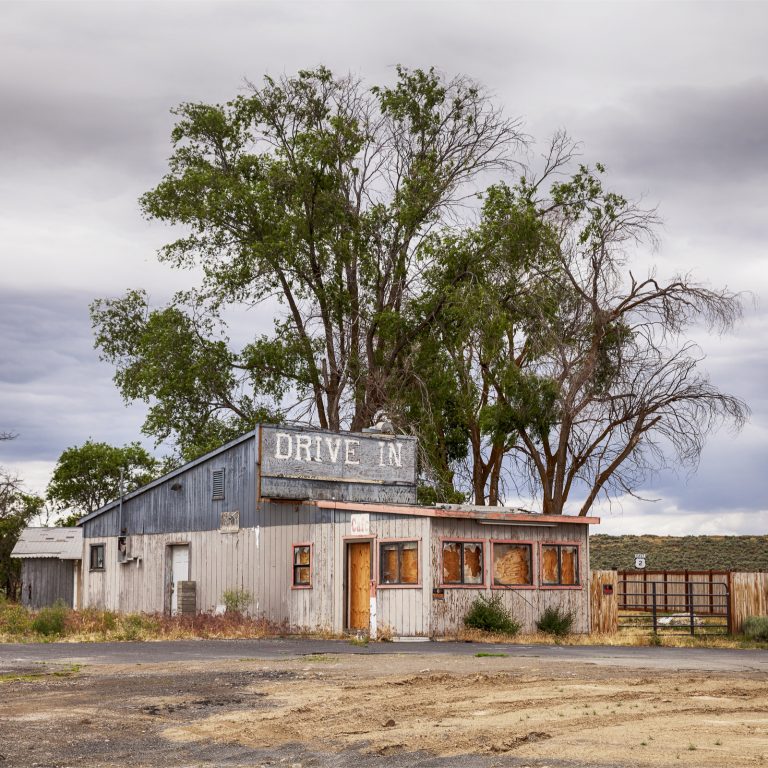Latest news about Bitcoin and all cryptocurrencies. Your daily crypto news habit.

In today’s edition of The Daily, we look at how the current bear market is facilitating consolidation in the global cryptocurrency industry. We also focus on recent calls by an intergovernmental organization to tighten up rules on virtual assets throughout the world, as well as a story about a small U.S. town that has banned cryptocurrency mining for a period of one year.
Also Read: Celebrity ICO Endorsers Face Legal Blowback Over Alleged Fraud
Market Consolidating in
Response to Low Prices
 Bearish sentiment in the cryptocurrency market has driven an industry-wide increase in mergers and acquisitions, with such deals spiking by more than 200 percent year on year in 2018. According to figures compiled by JMP Securities for Pitchbook, 115 deals have already been announced throughout the world this year, with roughly 30 more expected by the end of December. That compares with just 47 mergers and acquisitions that were completed in all of 2017.
Bearish sentiment in the cryptocurrency market has driven an industry-wide increase in mergers and acquisitions, with such deals spiking by more than 200 percent year on year in 2018. According to figures compiled by JMP Securities for Pitchbook, 115 deals have already been announced throughout the world this year, with roughly 30 more expected by the end of December. That compares with just 47 mergers and acquisitions that were completed in all of 2017.
“You’re seeing a mispricing of assets,” Satya Bajpai, head of digital assets investment banking at JMP Securities, told CNBC. “Even for great businesses, the value of the token remains correlated to bitcoin, which can create an ideal opportunity for strategic acquirers.”
A growing number of established companies are using the downturn to buy startups. They are mainly pursuing such deals to gain access to human resources, as talent is in short supply, rather than to simply secure new products and technologies.
“As soon as a company becomes interesting, they get bought,” said Bajpai. “The deal size may still remain small, but the number of deals will increase because that’s the most viable and fastest way to grow in this environment.”
Global Group Calls for Strict Rules on Virtual Assets
 The Financial Action Task Force, a Paris-based intergovernmental organization that aims to stamp out money laundering and terrorism financing, issued a clarification last week regarding recent recommendations it has made on how to regulate virtual assets. It said that all countries throughout the world need to take coordinated action to prevent the use of such assets to fund terrorism and criminal activities.
The Financial Action Task Force, a Paris-based intergovernmental organization that aims to stamp out money laundering and terrorism financing, issued a clarification last week regarding recent recommendations it has made on how to regulate virtual assets. It said that all countries throughout the world need to take coordinated action to prevent the use of such assets to fund terrorism and criminal activities.
“All jurisdictions should urgently take legal and practical steps to prevent the misuse of virtual assets,” said the organization, which is known as Groupe d’action financière in France. “This includes assessing and understanding the risks associated with virtual assets in their jurisdictions, applying risk-based [anti-money laundering and counter-terrorism financing] regulations to virtual asset service providers and identifying effective systems to conduct risk-based monitoring or supervision of virtual asset service providers.”
The organization is expected to set its own rules on the mandatory oversight of cryptocurrency businesses by June. Countries that fail to comply may be added to a blacklist. Beyond exchanges, the organization also wants national governments throughout the world to start imposing more regulations on initial coin offerings and encrypted wallet providers.
Community to Take ‘Break’ From Mining
 The Priest Rapids Hydroelectric Dam
The Priest Rapids Hydroelectric Dam
The city council of Ephrata, a municipality of about 8,000 people in the U.S. state of Washington, has voted to ban new cryptocurrency mining operations for the next 12 months. According to the Columbia Basin Herald, local residents have complained about the noise emanating from mining facilities in the area. In addition, the authorities want to determine how such businesses fit in with the area’s electricity infrastructure.
“The noise was like an ocean. And I tried to pretend it was the ocean, but that gets old, 24/7, 24/7, 24/7,” complained Ephrata resident Donna Huesties, whose home overlooks one of the city’s mining outfits.
Kathleen Allstot, a member of the city council, said that the temporary ban would give the local authorities the chance to assess the implications of allowing mining businesses to operate in the community. In particular, she said that the one-year “break” will give Grant County Public Utility District — the main regional electricity supplier and operator of the Priest Rapids Dam and Wanapum Dam hydroelectric projects — a chance to determine how to provide power to mining businesses.
Only one council member, Matt Moore, voted against the decision. He said that he dissented over concerns about the potential economic impact of the ban.
“Economics will be the deciding factor,” Moore told the newspaper. “If this is an economical business, and this is one of the ideal places to situate it, I don’t want to surrender any economic opportunity, big or small.”
What do you think about today’s news tidbits? Share your thoughts in the comments section below.
Images courtesy of Shutterstock.
Verify and track bitcoin cash transactions on our BCH Block Explorer, the best of its kind anywhere in the world. Also, keep up with your holdings, BCH and other coins, on our market charts at Satoshi’s Pulse, another original and free service from Bitcoin.com.
Disclaimer
The views and opinions expressed in this article are solely those of the authors and do not reflect the views of Bitcoin Insider. Every investment and trading move involves risk - this is especially true for cryptocurrencies given their volatility. We strongly advise our readers to conduct their own research when making a decision.
